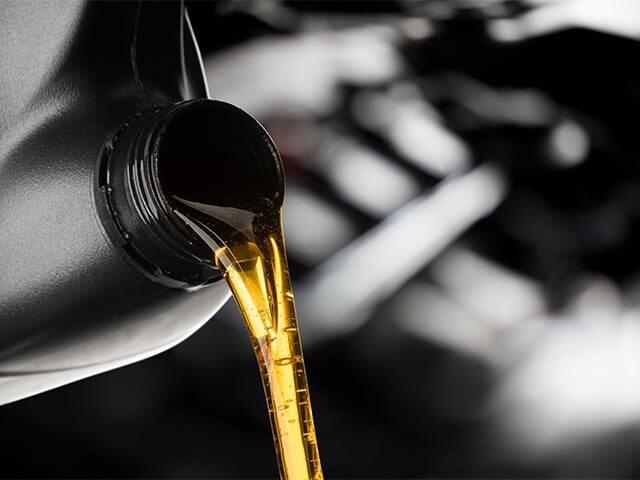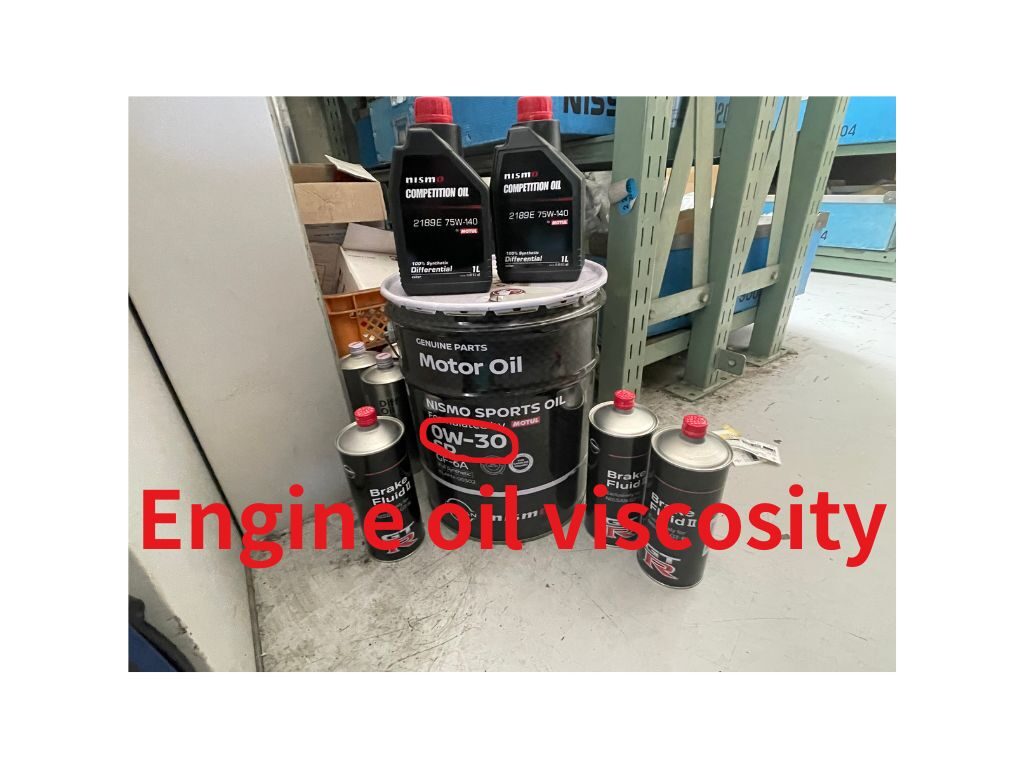- Car Maintenance
- Car Functions
The Secret to Longevity in Used Japanese Cars: The Importance of Engine Oil

The article focuses on the importance of engine oil for maintaining the longevity and performance of used Japanese cars. It outlines the crucial roles engine oil plays, such as lubrication, cooling, cleaning, and sealing, and emphasises the need for regular changes to prevent engine wear and failure.
The article also discusses different types of engine oil (synthetic, semi-synthetic, and mineral oil), their specific applications, and the importance of choosing the right oil based on vehicle type, engine specifications, and driving conditions.
Additionally, it covers the recommended intervals for oil changes, signs indicating the need for an oil change, and the benefits of regular maintenance.
Finally, the article offers advice on performing oil changes and highlights the overall importance of this maintenance task for preserving the condition and value of used Japanese cars.
Introduction
Overview of the Importance of Engine Oil Changes
In Sydney, when driving a used Japanese car, engine oil can be considered the vehicle’s “lifeline.” Changing the engine oil is a crucial maintenance task essential for maintaining a car’s performance and extending its lifespan. This article will explain the role of engine oil and why regular changes are so important.
Impact of Engine Oil on a Vehicle
Engine oil performs several vital functions such as lubrication, cooling, cleaning, and sealing the engine. When these functions deteriorate, it can lead to increased engine wear, reduced performance, and eventually, failure.
Basic Knowledge of Engine Oil
What is Engine Oil?
Engine oil is one of the most critical consumables in a vehicle’s engine. Primarily refined from petroleum, this liquid reduces friction between the numerous moving parts inside the engine, supporting efficient operation. Its primary role is to lubricate, but it also keeps the engine clean, prevents wear, and protects against high temperatures.
The choice of engine oil varies depending on the type of vehicle, engine specifications, driving environment, and usage conditions. For example, high-performance vehicles or those frequently carrying heavy loads may require higher-performance oils.
Different Types of Engine Oils

There are primarily three types of engine oils:
Synthetic Oil: Chemically modified petroleum that offers high-temperature stability and performance in cold conditions. Ideal for extreme weather conditions or high-load driving. Synthetic oils generally have longer change intervals but are more expensive.
Semi-Synthetic Oil: Combines the properties of synthetic and mineral oils, offering a balance of price and performance. Suitable for regular driving conditions and offers better cost-efficiency compared to synthetic oils.
Mineral Oil: A natural petroleum product with less chemical modification, making it cheaper than synthetic or semi-synthetic oils. Suitable for general driving conditions or older models but may underperform in high temperatures or harsh driving conditions.


Each type of engine oil is specialised for specific driving conditions or engine types, and selecting the appropriate oil is key to maximising performance and extending the lifespan of used Japanese cars. Additionally, engine oils are classified based on their viscosity (the measure of fluidity). The viscosity of engine oil is a crucial indicator of its fluidity, typically displayed in a format like “5W-30,” where “W” stands for Winter, indicating low-temperature fluidity. Lower numbers mean better fluidity in cold conditions, providing better protection during engine cold starts. Conversely, the number after the hyphen indicates high-temperature viscosity, with higher numbers maintaining oil thickness at high temperatures, enhancing engine protection.
When purchasing a used Japanese car, it’s essential to choose an oil with the appropriate viscosity, following the vehicle’s manual or manufacturer recommendations. Proper selection and changing of engine oil are key to maintaining the vehicle’s longevity and high performance. At Roundabout Australia, we ensure that the previous owner’s engine oil change history is checked for anomalies, and all cars undergo an engine oil change before export.
Timing of Engine Oil Changes
Recommended Interval for Changes
Most vehicles recommend changing the engine oil every 5,000 to 10,000 kilometers or as per the manufacturer’s guidelines. However, this interval may need to be shorter depending on the driving environment and vehicle condition.
Signs Indicating the Need for an Oil Change
Signs that an oil change is necessary include engine noise, darkening of the oil, strange odors, or a decrease in oil level. These signs indicate that the oil is no longer performing its functions.
Benefits of Engine Oil Changes
Improvement in Engine Performance
Regular engine oil changes optimize engine performance, prevent wear and corrosion, and extend the engine’s life.
Long-Term Cost Reduction
Preventing major engine failures through regular maintenance can save future high repair costs. Routine maintenance significantly contributes to reducing long-term operating costs.
Procedures for Changing Engine Oil
DIY Oil Change
Basic steps include warming up the engine, draining the oil, replacing the oil filter, and refilling with new oil. However, understanding the correct method and safety precautions is essential.
Benefits of Professional Oil Changes
Professional mechanics ensure the correct selection and precision of the oil change process. It can also be an opportunity to identify other potential issues.
Conclusion and Advice
Maintenance Strategies for Used Japanese Cars
Regular engine oil changes are a critical strategy for maintaining the performance and extending the lifespan of used Japanese cars. Proper maintenance enhances the reliability and efficiency of the vehicle.
Reaffirming the Importance of Engine Oil Changes
Changing the engine oil is an indispensable maintenance task for keeping a used car in optimal condition over the long term. Adhering to the correct intervals for oil changes is essential for maximizing the vehicle’s performance and lifespan. Furthermore, engine oil and its maintenance are crucial indicators of the overall health of the vehicle.
Through this article, we hope that those in Sydney owning used Japanese cars will gain a better understanding of the importance of engine oil changes and how to manage it appropriately. Proper maintenance preserves the value of a used car and provides a comfortable driving experience.
This article aims to guide owners of used Japanese cars, especially those residing in Sydney, to understand the significance of engine oil changes and to conduct this maintenance correctly. Such information is invaluable, particularly for buyers with limited automotive expertise, in supporting this crucial decision.
Popular

- Japanese Used Car
- Blog
The Pitfalls of Purchasing Imported Japanese Used Cars
27 February 2024

- Blog
Your Complete Guide to Buying a Used Car in Australia: From Pre-Purchase Inspection to Post-Purchase Maintenance
01 October 2024

- Car Functions
- Blog
Smart Key Solutions: Battery Replacement and Troubleshooting
23 March 2024

